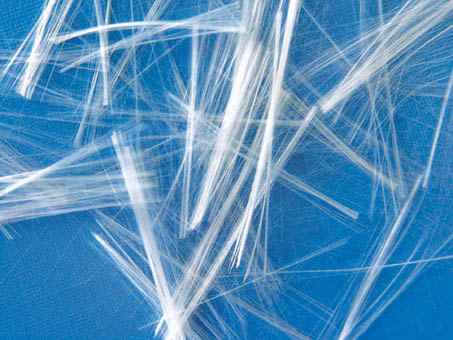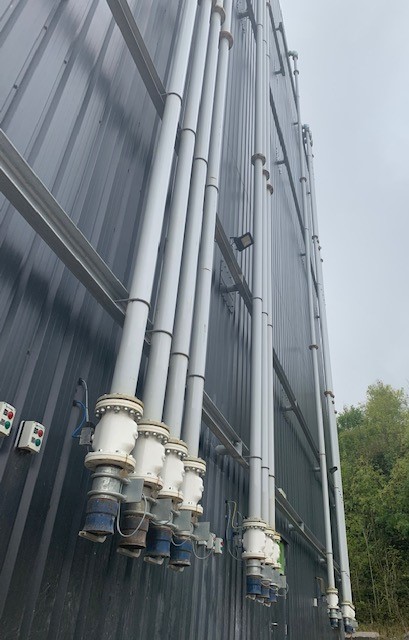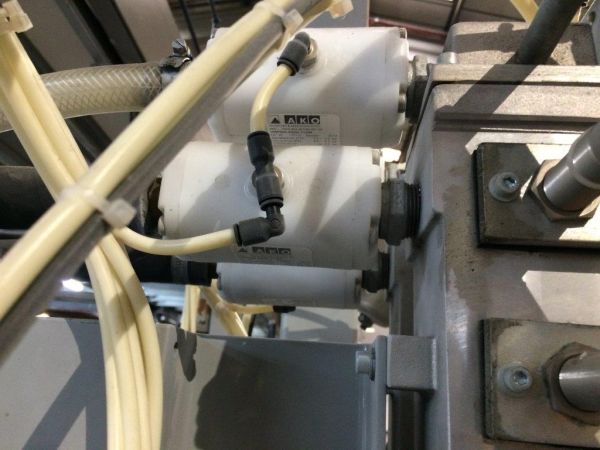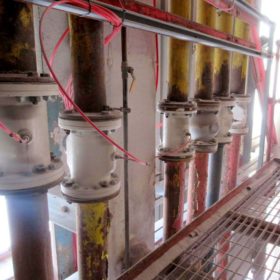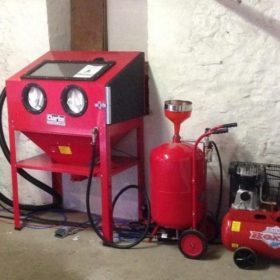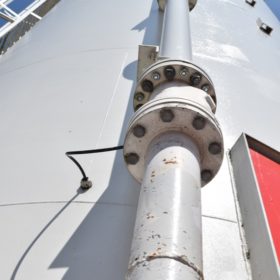Glass comes in a variety of different characteristic states, including the stable equilibrium liquid (L), the metastable supercooled liquid (SCL), the unstable nonequilibrium glass (G), and the stable crystal (C). Glass is actually not a solid material, it is like a plasma (super-cooled liquid). The base materials and raw materials used to manufacture glass products including glass fibres, are transported and controlled by valves in glass processing plants.
As well as transporting these raw materials for glass by bulk conveying, comapnies also need to store and process the additives and mixtures. Materials such as dolomite, feldspar, quartz sand, potash, soda and lime are key ingredients for the production of soda-lime-glass, which is the most popular form of manufactered glass worldwide.
Some of the above materials can be very abrasive, so it is important for the glass processing plant to install machinery and pipework with abrasive resistant equipment. Especially the valves, which will play a huge part in controlling these materials by shutting them off, opening to allow the flow of media to pass through conveying lines, and in some cases, dosing.
Pinch Valves Handle Sharp Edged Media with Ease
The AKO Pinch Valve is a highly recommended abrasion resistant product for this enviornment, with it’s internal rubber sleeve being able to handle numerous viscious and corrosive media with ease including caustic, rough, grainy, lumpy and sharp edged media.
The rubber sleeve of the pinch valve that opens and closes with super quick shut off times, has a 100% leak tight seal, and will even hold back liquids. Furthermore, the simple design of the AKO Pinch Valve is robust, easy to install and operate, and most importantly, they do not become clogged or blocked with encrustations. This is because the pinch valve is self cleaning – when the soft rubber tube inside the valve opens and squeezes closed, it loosens any dried or crusted parts of the media and they continue into the media flow.
With other conventional type valves such as ball valves, diaphragm valves or butterfly valves, the media is prone to become clogged, thus causing blockages and preventing a full flow of product. Pinch valves also do not have any other replaceable parts other than the internal rubber sleeve, making it an excellent total cost of ownership. In comparision to these oter valve types which have additional rings, packing and bolts to replace etc, the pinch valve is the preferred choice.
